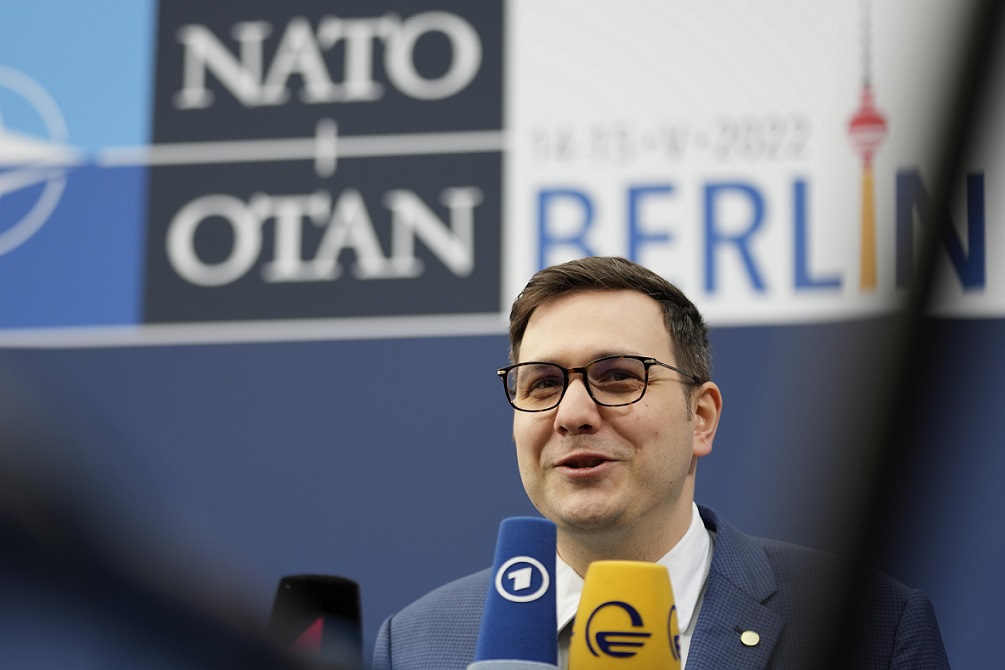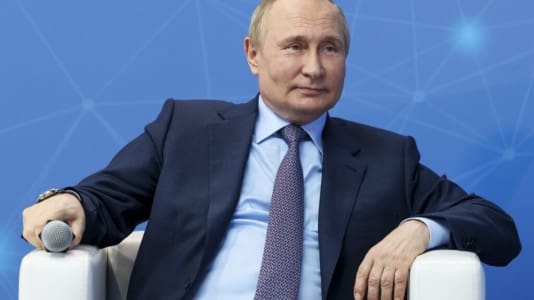Ukraine must not be left out of the negotiations on ending the war, and the Czech Republic will work to ensure this, said Czech Foreign Minister Jan Lipavský during Czech political talk show Partie Terezie Tománkové.
Lipavský said he was reacting to the efforts of some Western European politicians to negotiate an end to the fighting in Ukraine without Ukraine sitting at the negotiating table.
According to the Czech foreign minister, the Czech presidency itself will not have any impact on negotiations with the Russian Federation in the second half of the year, but the Czech Republic will raise the issue of Ukraine’s support in EU negotiations.
“We will emphasize that Europe will not forget Ukraine,” said Lipavský who warned that Ukraine cannot be allowed to end up like Czechoslovakia in 1938. Back then, the state lost part of its territory in favor of Nazi Germany as a part of the Munich Agreement even though Czechoslovakia was not permitted to participate in the discussions that partitioned the country.
“Diplomatic negotiations must be conducted primarily by the Ukrainians themselves. We must keep the Ukrainians in the game,” the minister added. According to Kyiv, it makes no sense to negotiate until Russian forces withdraw from their territory.
The Czech Republic could play an elevated role in the coming months over the future of Ukraine, as the country will assume the six-month rotating presidency of the European Union, and Czechia has already indicated that Ukraine will be a priority during its term.
“Macron does not understand”
Lipavský rejected French President Emmanuel Macron’s statement in early June that Russia, led by Vladimir Putin, must not be humiliated.
“Russia is an aggressor. We should not consider any humiliation or non-humiliation. Macron probably doesn’t understand the issue very well, Putin doesn’t care how the West perceives Russia,” the minister said.
His debate partner on Czech television, Jaroslav Bžoch, who is the vice-chairman of the parliamentary committees of foreign and European affairs, also called Macron’s repeated statement a mistake.
On the contrary, the two politicians differed on the opinion of ANO Chairman Andrej Babiš, according to whom Czechia should no longer be supplying additional weapons to Ukraine.
According to Bžoch, the former Czech prime minister was expressing concern that the supplies would jeopardize the Czech Republic’s and NATO’s defenses. Lipavský argued that arms supplies to Ukraine support the security of the Czech Republic in relation to Russia’s expansionary intentions.
“We can have the weapons in the warehouse here, or they can help in Ukraine,” the minister said. He, however, agreed with Bžoch that larger European Union countries, such as Germany, could be more active in arms deliveries.






